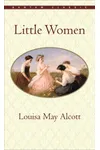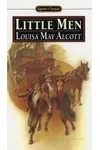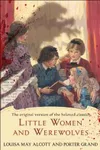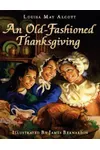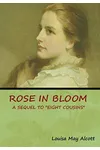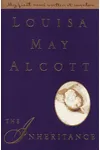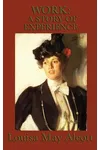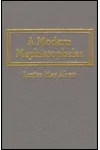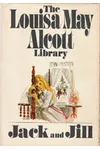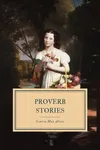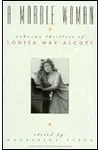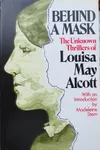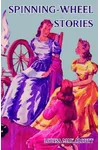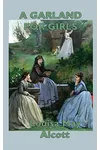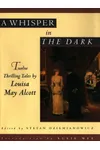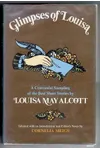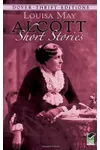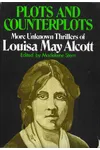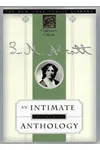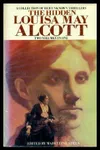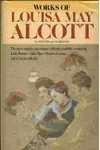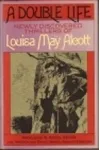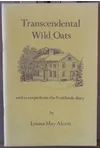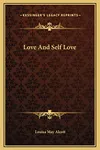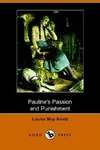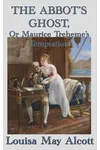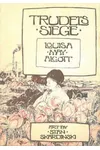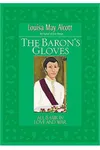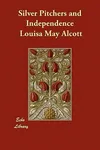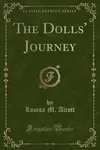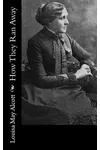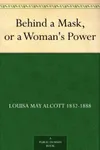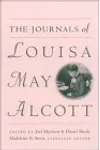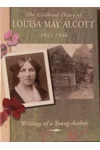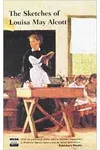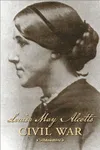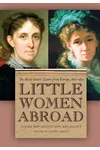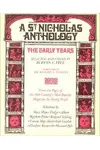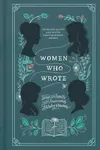Picture an American storyteller who spun tales of family, love, and resilience—meet Louisa May Alcott! Best known for her timeless classic Little Women, Alcott wove stories that captured the hearts of readers in her era and beyond. With a pen fueled by passion, feminism, and a fierce abolitionist spirit, she crafted narratives that still resonate today.
Born into a world of ideas but not always abundance, Alcott’s life was a testament to perseverance. Her journey from a scrappy young writer to a literary icon is as inspiring as the March sisters’ adventures. Let’s dive into the world of Louisa May Alcott and discover why her stories endure.
The Making of Louisa May Alcott
Louisa May Alcott was born on November 29, 1832, in Germantown, Pennsylvania, to transcendentalist parents Bronson and Abigail Alcott. Raised in a household buzzing with intellectual debates but strapped for cash, Louisa grew up surrounded by luminaries like Ralph Waldo Emerson and Henry David Thoreau. Her father’s unconventional teaching methods and the family’s frequent moves shaped her grit and imagination. By her teens, Louisa was scribbling stories and poems, determined to support her family. She took on odd jobs—teaching, sewing, even domestic work—while honing her craft in the literary shadows.
Louisa May Alcott’s Unforgettable Stories
Alcott’s breakthrough came with Little Women (1868), a semi-autobiographical novel following the spirited March sisters—Meg, Jo, Beth, and Amy—as they navigate love, loss, and growing up in Civil War-era New England. Its vivid characters and heartfelt themes of family and self-discovery made it an instant hit, and it remains a beloved classic. Jo, the tomboyish writer, is often seen as Louisa’s alter ego, channeling her own fierce independence.
Alcott followed with sequels like Little Men (1871), which chronicles Jo’s adventures running a school for boys, and Jo’s Boys (1886), tying up the March family saga. She also penned lesser-known works like Hospital Sketches (1863), drawn from her time as a Civil War nurse, showcasing her wit and compassion. Her style blended realism with moral undertones, often exploring gender roles and personal growth, wrapped in a warm, accessible voice that invited readers in.
Under pseudonyms, Alcott dabbled in gothic thrillers like Behind a Mask, revealing a darker, more subversive side. These stories, rediscovered later, highlight her versatility and willingness to push boundaries, even if they didn’t always pay the bills.
Why Louisa May Alcott Matters
Louisa May Alcott’s impact transcends her books. As a feminist, she championed women’s rights and independence, reflected in her strong female characters. Her abolitionist roots shone through her family’s work with the Underground Railroad, and her writing often carried subtle social critiques. Little Women inspired generations, influencing authors, filmmakers, and readers who saw themselves in the March sisters’ dreams and struggles.
Despite health issues from her nursing days and a life cut short at 55, Alcott’s legacy endures through adaptations, from Broadway plays to modern films. Her stories remind us that strength, love, and authenticity never go out of style.
About Louisa May Alcott
- Born: November 29, 1832, Germantown, Pennsylvania
- Key Works: Little Women, Little Men, Jo’s Boys, Hospital Sketches
- Died: March 6, 1888, Boston, Massachusetts
- Fun Fact: Alcott was an avid runner and loved performing in local theater!
Ready to meet the March sisters or uncover Alcott’s hidden thrillers? Grab Little Women or Behind a Mask and dive into her vibrant world!
